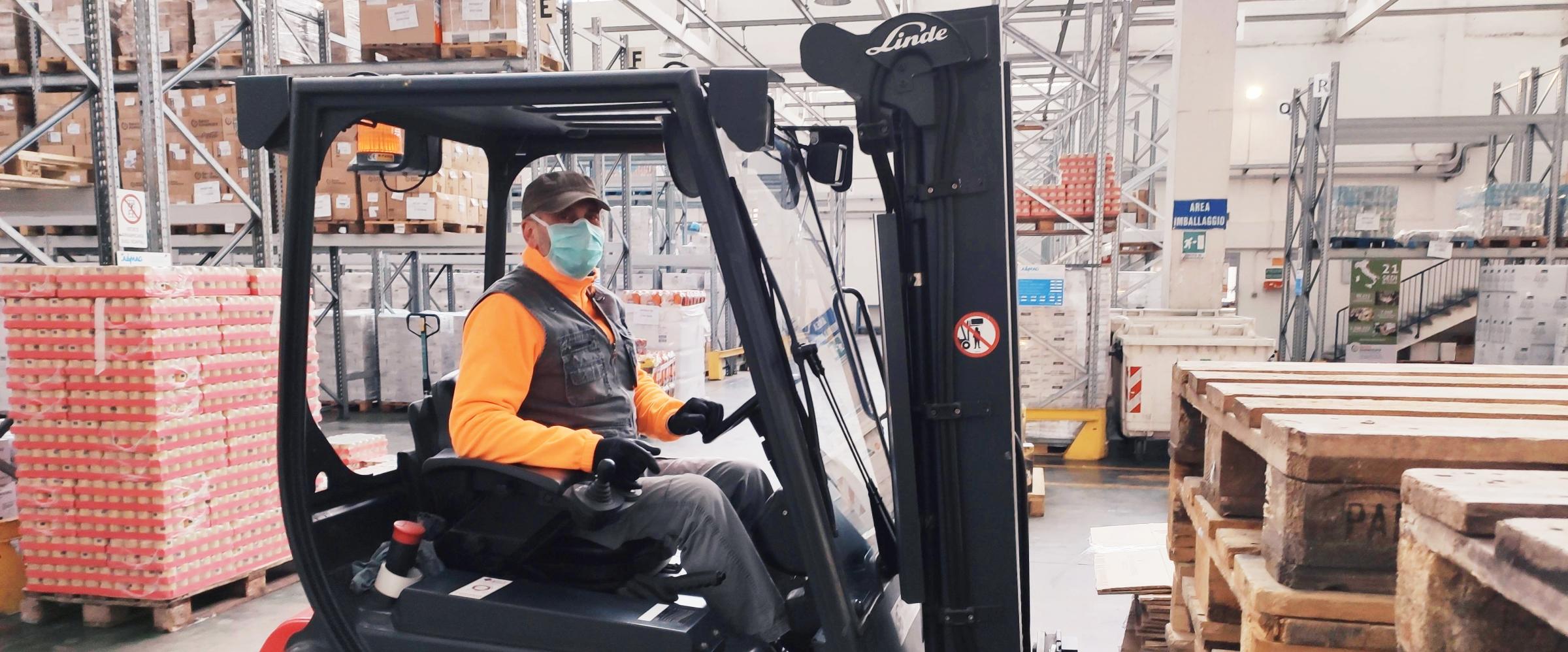Food is not waste.
Catering companies’ contribution during the coronavirus emergency
In recent months, unknown and unforeseen events have come to our attention together with already known and perhaps forgotten facts.
Among these, the most obvious are two: food is an absolute priority and access to food should be possible for everyone. Many images are testimonials of these two evidences, such as long lines at the entrance of supermarkets, but also the faces of the volunteers who work every day to bring food to the elderly, disabled, deprived people and families in difficulty in this period.
Even the bureaucracy has “dissolved” in the face of the urgent need to guarantee food products to those who could not access the supermarkets. A survey by Altroconsumo (published on April 23rd) also tells us that Italian families were more careful not to waste food during the lockdown, perhaps because they had more time to devote to grocery shopping management or because they rediscovered the taste of eating with close relatives and using leftovers for recovery dishes.
However, the food supply chain is long and deep, ranging from the field to the table, from the processing industry to trade and catering. Some sectors, such as production, processing, and distribution, have had positive results while others, such as catering have suffered a collapse. This collapse would have been a debacle if no thought had been given to recovering what was stored in warehouses.
In Italy, charitable organizations have been active in this field for decades and recently the Law No 166/2016 was an ally which has encouraged companies to donate non-commercial goods.
Consequently, since the early days of the crisis, many companies, particularly in the commercial catering sector, have contacted the Italian Food Bank Network to save food.
Even amid many difficulties our network, from mid-March to today, has donated more than a hundred tons of fresh food to those who had little or nothing to put on the table. More difficult has been to help some agricultural sectors such as fruit and vegetables, dairy products, and cold cuts. The stop of catering has caused tons of surpluses in these segments.
Also in this case, a far-sighted political choice of seven years ago, confirmed by Law no 166/2016, allowed the Table for aid and against food waste, set up at the Ministry of Agriculture, to use 50 million euros allocated by the government to withdraw these surpluses and give them to charitable organizations that will support the most needy in our country.
Unfortunately, the surge in requests for food aid (more than 50% in a single month, compared to Istat 2019, which indicated 5 million people in need of material aid, especially food), will not come down anytime soon. On the contrary, there is the risk of a second wave, after the one of the 2008 financial crisis, of people who will not return to the labor market and who may therefore need support.
For this reason, it is important that the alliance consolidated during this emergency between the profit world, private citizens, institutions, and the Third Sector continues and is supported.
Less waste of resources and a growing appreciation of the examples of a circular economy is what is expected to get the country back on track.
Marco Lucchini, Secretary General
Fondazione Banco Alimentare Onlus
Original source: Il Sole 24 ORE, “Banco Alimentare, il cibo diventa solidarietà”




